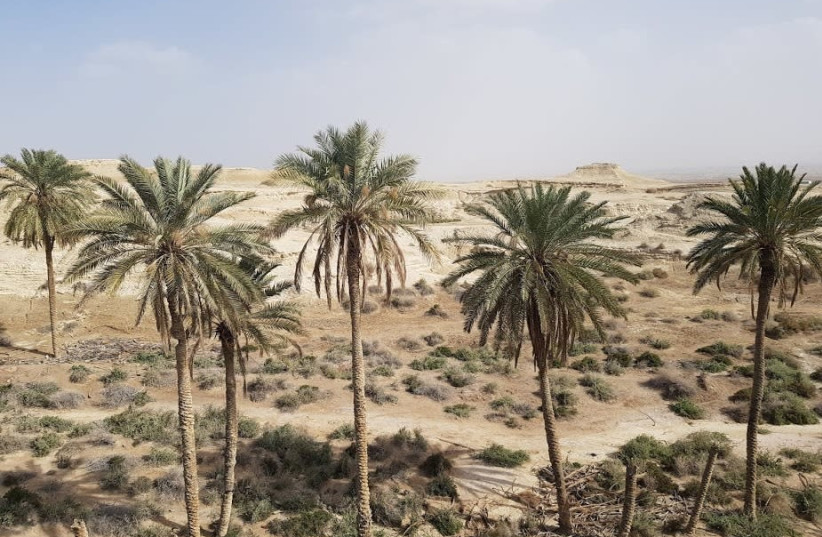The government approved a proposal to promote the treatment of environmental hazards and to strengthen the enforcement of environmental law in Area C of the West Bank.
The proposal was presented by the Environmental Protection, Finance and Defense ministries.
A 2020 report by the United Nations said that "the occupied Palestinian territories face serious health and environmental threats from pollution."
"Pollution affects us all," said Environmental Protection Minister Idit Silman. "The government's decision will affect the quality of life of pregnant women, children and the elderly. However, everyone will be able to breathe clear air. There is nothing more important and basic than clean air for everyone."
According to the proposal, a committee will be formed within the next 60 days to examine how to implement environmental laws in IDF-controlled areas of the West Bank. However, it will benefit the Palestinians living in the area, too. According to the proposal, the committee will aim to work with the Defense Ministry and Civil Administration to halt 33 illegal waste disposal sites.

The committee will be charged with developing a comprehensive plan for improving waste disposal infrastructure and reducing pollution in the West Bank in general within 180 days, focusing on dealing with waste burning first and foremost.
The plan will eventually include being able to enforce Israeli laws such as the Clean Air Law of 2008 and the Environmental Treatment of Electrical and Electronic Equipment and Batteries Law of 2012. The committee will determine how these laws should be enforced and by whom.
The government-approved proposal includes NIS 17.1 million for the transportation of landfill waste from 33 sites collecting waste from 25 settlements in the area to reduce environmental hazards, including the illegal burning of this waste. The decision also includes developing monitoring and reporting mechanisms to ensure the plan's successful implementation.
Moreover, an additional NIS 2.4 million will finance waste transportation from 13 Palestinian villages for a year.
"From the moment I took on his role, I was made aware of the serious problem of the lack of governance in environmental issues in Judea and Samaria," Silman said. "The air pollution from the burning of waste in Judea and Samaria, and the serious environmental hazards as a result of illegal consequences of waste disposal in the area, harm us all - regardless of religion or nationality.
"We are making history today," Silman said. "This big change will greatly affect Jews, Arabs, and future generations."
Military will need to implement environment regulations
Except in particular circumstances, Israeli law does not apply to Area C of the West Bank, which means that Israeli environmental laws also do not apply. Every law that the Knesset passes within sovereign Israel has to have a corresponding military edict.
Until now, the IDF has not prioritized Israeli environmental laws. Therefore there are fewer environmental standards in the area. Separately, the lack of infrastructure in some cases has led to significant illegal garbage and sewage disposal, especially in Palestinian villages in Area C.
If the proposal becomes a bill based on the committee's recommendations, it would have to pass three times in the Knesset plenum and three times in the Knesset Interior and Environment Committee to become law.
The Environment and Climate Change portal is produced in cooperation with the Goldman Sonnenfeldt School of Sustainability and Climate Change at Ben-Gurion University of the Negev. The Jerusalem Post maintains all editorial decisions related to the content.
